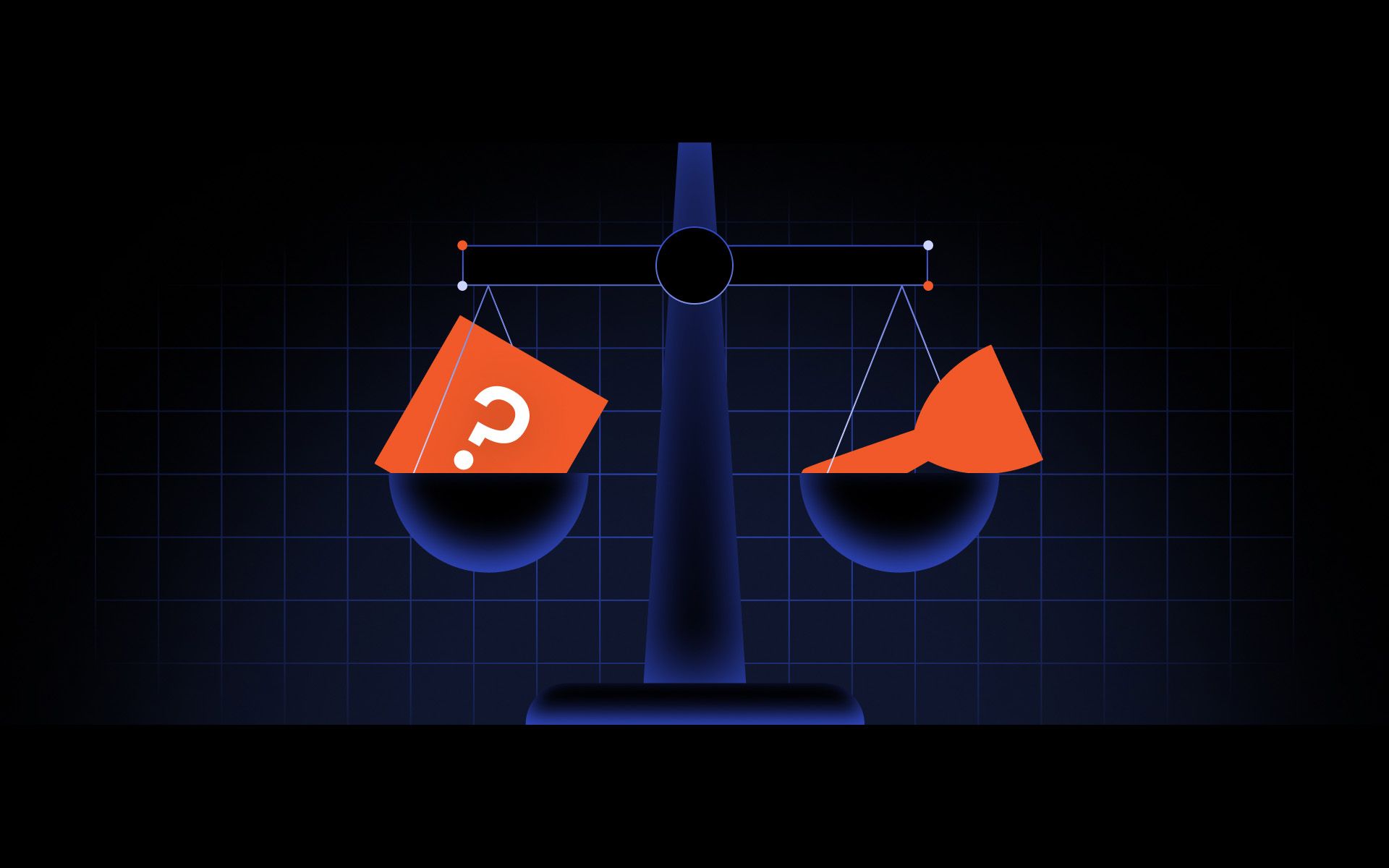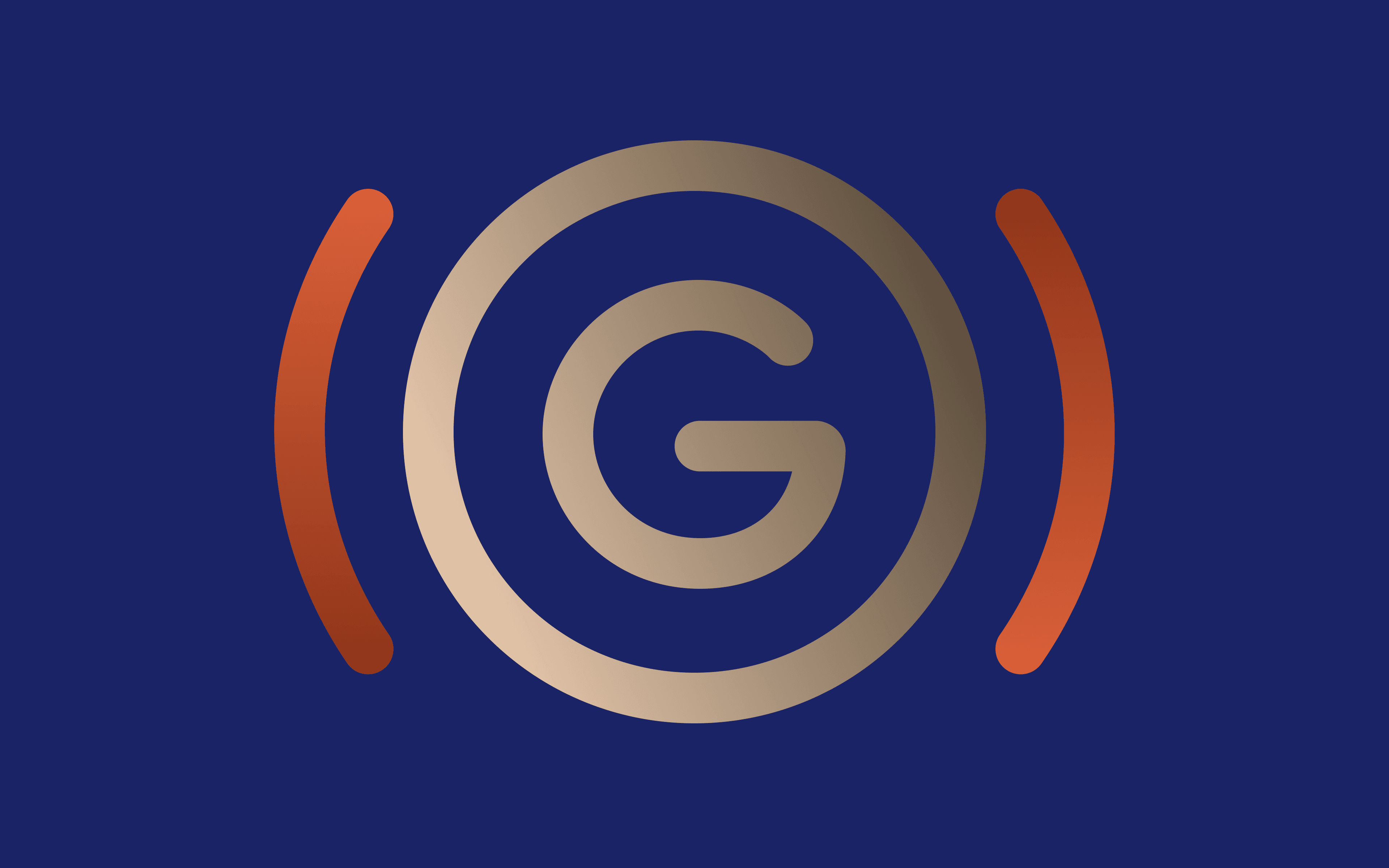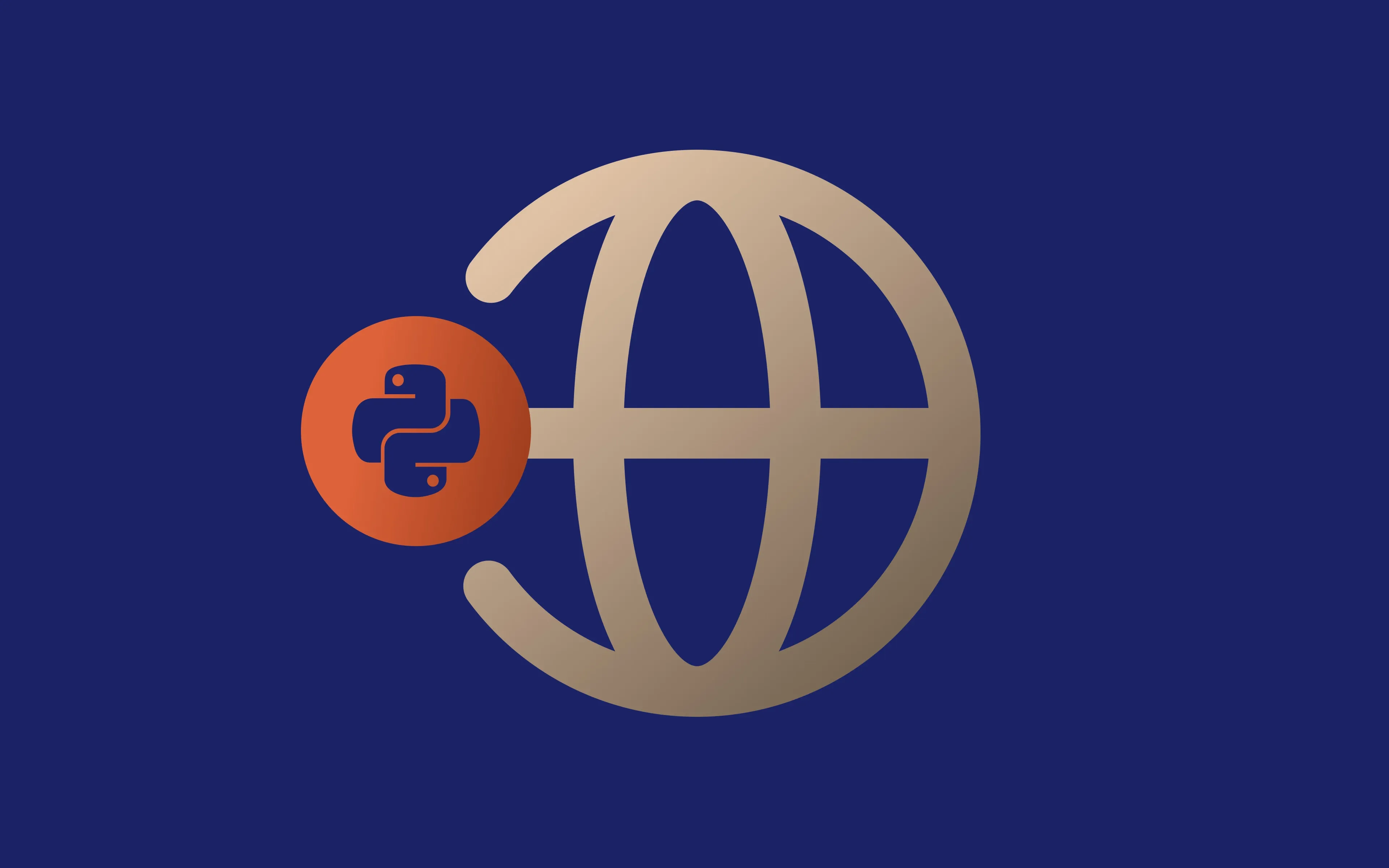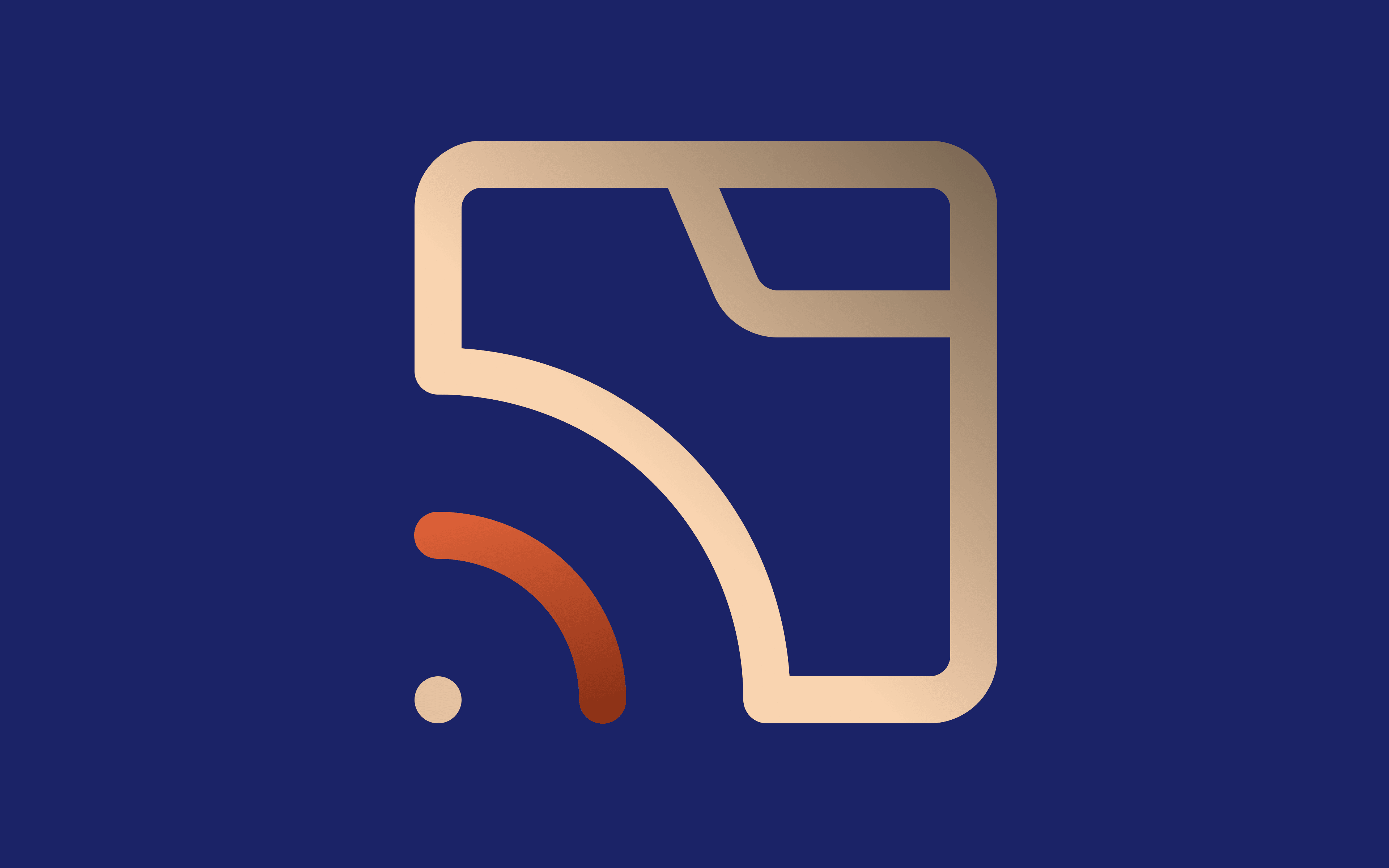Is Web Scraping Legal? What You Need to Know in 2025

The term "big data" isn't just a pretentious buzzword IT experts spout on the daily for nothing. It represents a whole industry in itself. You see, information exists in every corner of the web. And if one doesn't take advantage of this massive library, that's a shame.
So, how do you make full use of this web data? You can start with web scraping. Read this article from start to finish, and before you know it, you'll be gathering info like a pro and loving it.
What Is Web Scraping?
Learning the ins and outs of web scraping begins with a definition. Don't let this term scare you off. Fancy as it may sound, it simply means extracting data from the internet automatically. One would do this with software, scripts, and other tools.
That's right, we're not talking about opening every page of a website and abusing your copy and paste functions. A program would do that for you while you enjoy a cup of coffee. Now, if that doesn't make you think of efficiency, nothing will.
Why Are Businesses Scraping the Web?
Web scraping is practiced by companies and individuals from all over the world. From the United States to India, organizations are taking advantage of publicly available data to make smart business decisions. Consider these common use cases:
- Gaining a Competitive Edge: In many industries, notably e-commerce, keeping abreast of competitors' prices and promotions is crucial.
- Researching and Analyzing the Market and Latest Trends: What is the world thinking? Web scraping will help a company discover customer sentiment to make predictions on demands and preferences.
- Generating Leads: Selling a product begins with a list of prospects to contact. Many of their phone numbers and email addresses are readily available on the web.
- Optimizing SEO and Digital Marketing Strategies: Ranking high on a search engine's result page will bring in massive revenues. Web scraping will introduce a company to keywords and new marketing plans of action.
- Analyzing the Stock Market: Shall one buy or sell a particular stock? What's the market's direction? The answers to these questions lie somewhere on the web.
- Getting Insights on the Job Market: When a recruitment firm knows how the hiring industry is trending, it'll be able to do more for its clients.
- Managing Reputation and Branding: Does a company have a good standing in the market? Scraping review sites and social media brings about a wealth of information.
Can You Get in Trouble for Web Scraping?
When you're gathering information from the web, the last thing you want is to get in trouble. The legality of web scraping sits in a grey area. So, it's easy to say that as long as you don't get caught, you'll be fine. However, things aren't as simple as that.
Put yourself in the shoes of a social media platform owner. You'd be happy for your site to be useful to others. However, you'd also hate for people to take advantage of your service.
When it comes to web scraping, you should try to be ethical at all times. Consider the impact of your data-gathering activities. Are your efforts slowing down a platform? Are you breaking any copyright and intellectual property laws? Does the site strictly prohibit web scraping? These questions should be pretty easy to answer.
The Legality of Web Scraping
Let's get one thing clear. Web scraping in itself is legal. However, if you gather data in a certain way, you might get into trouble. For example, if you use a script that loads thousands of pages, thereby overloading a web server, making it impossible for others to access a site, that's a recipe for legal issues.
Another factor determining the legality of web scraping is the data in question. Avoid accessing restricted or copyrighted information. Only do it if you have obtained the appropriate permissions from the owner.
Essentially, you'll avoid the authorities knocking on your door if you remain ethical in your web scraping activities. Always stay informed and research the best practices. You won't go wrong by checking with a legal expert when in doubt.
Web Scraping Cases That Have Made the News
While web scraping is legal, broadly speaking, that's not to say that companies haven't gotten into legal binds for it. Let's examine a few well-known cases.
- LinkedIn vs. HiQ Labs
Between 2017 and 2022, these two companies were embroiled in a fight stemming from the latter's web scraping activities. LinkedIn, as you probably know, is owned by Microsoft. The company sent cease-and-desist letters and tried to block HiQ Labs from accessing private data, namely its members' profiles.
HiQ Labs, in retaliation, sued, citing that LinkedIn was unfairly limiting competition. The Ninth Circuit ruled in favor of HiQ on the basis that it scraped publicly available data and thereby did not violate federal law.
- Craigslist Lawsuits
Craigslist has been notorious in its fight against web scrapers. In 2012, the company sued 3Taps, accusing it of not only scraping its listings but also republishing them. The court sided with Craigslist, saying that 3Taps violated the Computer Fraud and Abuse Act (CFAA) by bypassing IP bans.
In another case, Craigslist went after Instamotor, a platform that specialized in car sales. The court found Instamotor guilty of scraping car ads without Craigslist's permission and then reposting them on its platform. The companies reached a $31 million settlement, exhibiting Craigslist's strong stance against web scraping.
Is Web Scraping Legal in the United States?
Companies such as LinkedIn, Facebook, and Reddit would love nothing more than to make web scraping illegal. However, as of today, there isn't a blanket law against it in the United States.
While that sounds like good news for businesses that rely heavily on big data, they may find themselves in hot soup if they go about their information gathering ventures without bothering about what's right and what's not.
Federal Laws Impacting Web Scraping Activities
In the US, the legal landscape for web scraping is complex at best. In a nutshell, accessing publicly available data is alright, while touching copyrighted or proprietary data is a big no-no. The government has enacted several federal laws dictating how and when it is permissible. Here's a reference list:
- Computer Fraud and Abuse Act (CFAA): Criminalizes unauthorized access to web data
- Digital Millennium Copyright Act (DMCA): Protects against unsanctioned scraping and redistribution of copyrighted content
- Federal Trade Commission Act (FTCA): Fights against unfair and misleading business practices
- Stored Communications Act (SCA): Protects private digital communications
- Children’s Online Privacy Protection Act (COPPA): Controls the gathering of children's personal information
While not a federal law, the California Consumer Privacy Act (CCPA) impacts web scraping. It grants California residents rights to access, delete, and opt-out of data sales, requiring businesses to be transparent about data collection.
Legal vs. Illegal Web Scraping Activities
There may be a fine line defining the legality of web scraping. However, it's not that difficult to understand where it lies. Here are some examples of legal activities:
- Scraping public data is legal, notably when one doesn't require credentials to access it.
- If you're gathering data for personal use, such as researching the prices of air tickets, that's fine.
- Getting permission before scraping a website is a sure way to stay on the legal side of things.
- Scraping non-copyrighted data is usually legal.
- Obtaining data for the purpose of research or journalism is fine unless it's private or copyrighted.
Now that you have a few examples of legal data scraping, let's move on to the other side. Avoid the following practices:
- Scraping data that lies behind a subscription paywall or a login page may go against the CFAA.
- Many websites enact anti-scraping measures to fight against bots. Circumventing these protections is illegal.
- Did you fail to obtain consent before scraping a website for personal information? That may violate data privacy laws.
- Certain articles, music, and photos are examples of copyrighted material. Scraping the web for this data and redistributing it is illegal.
- Scraping data from a website is an easy way to cause server overload. This act may count as cybercrime.
Is Web Scraping Legal in Europe and Other Countries?
In Europe, the laws governing web scraping, notably on personal data, tend to fall on the stricter end of the spectrum. Elsewhere, such as India, specific regulations on the matter are practically nonexistent. Due to the varying degrees of legal approaches, keeping informed is key.
Essentially, one should thread lightly when web scraping for protected information or personal data. On the other hand, gathering public data typically falls on safe grounds.
Concerns Surrounding GDPR in Europe
The primary reason web scraping suffers heavy scrutiny in Europe is the General Data Protection Regulation, or GDPR. This law protects any information that can identify anybody. Therefore, consent is necessary before scraping names, emails, or IP addresses.
As fines for violating GDPR can reach €20 million or 4% of one's global annual revenue, companies are extremely careful when navigating this realm. To stay on the legal side of things, scraped data must not include user profiles or any details that can be linked to a person unless with permission.
Important Knowledge Before Scraping Internationally
We've talked about the legality of data scraping in the US and Europe. However, we all know that the world is much bigger than these two regions. Is web scraping legal in other places? Let's look at how matters stand in three countries.
The UK has its own version of GDPR which has similarities to EU regulations. Like in the EU, web scraping for personally identifiable data is forbidden. On the other hand, there isn't a clear law surrounding the gathering of public data.
Let's pivot to Asia. You do not want to mess around with the Chinese authorities when it comes to web scraping for personal data. The country's data protection laws are some of the strictest in the world, and gathering Chinese citizens' information results in heavy penalties.
Is web scraping legal in India? While the country doesn't have a specific regulation on web scraping, misusing or gathering data without authority can lead to prosecution under the Information Technology Act.
Is Web Scraping for Commercial Use Legal?
We hope you aren't tired of the grey area just yet, because data scraping practices for commercial purposes sits in the same place. Questions you should ask yourself before pursuing this activity include:
- What data am I scraping?
- How am I scraping it?
- How and where am I using my scraped data?
In a nutshell, web scraping with consent for the purpose of analyzing the competition, forming pricing strategies, and researching the market is widely accepted. However, one can get into trouble when breaking data protection laws.
Can Businesses Legally Scrape Competitors' Data?
As you probably know by now, there's no easy way to answer this question. Web scraping your competition's data that's publicly available is legal. That means that you can gather posts on Reddit relating to stock market trends, for example, or scrape LinkedIn for job postings.
Conversely, using web scraping tools to gather personal user data or product prices behind a paywall or without consent is illegal. The same case applies if you bypass security measures or ignore a website's terms of service related to scraping.
As a web scraper, you might have the law on your side if you gather publicly available data because the CFAA does not consider that as unauthorized access. However, that doesn't mean that you won't be wasting valuable time and resources battling it out with massive corporations such as Amazon, Facebook, and LinkedIn.
Business-to-Business (B2B) vs. Business-to-Consumer (B2C) Scraping
A company may scrape its competitors' websites to gain intelligence on pricing or industry trends. This is known as B2B scraping. If it does so while violating set API terms, however, it puts itself at higher risk for legal issues.
B2C scraping involves a business web scraping for customer data, typically for market research purposes. This information commonly appears on social media and e-commerce websites. While B2C scraping is an accepted practice, doing so without consent may violate privacy laws, especially if it involves personal data.
How to Use Scraped Data Legally in Business
You now know how to scrape the web without breaking any regulations. However, staying on the right side of the law doesn't end there. How do you go about using your scraped data legally?
- Analyze the market by studying prices, identifying trends, and collating customer reviews.
- Find out what the mass' sentiments are on brands, products, and so on.
- Monitor trending keywords and search engine results to improve SEO strategies.
- Generate leads by contacting profiles found on public directories.
As long as you don't redistribute your obtained information, you're safe. Republishing or selling this data without permission is a sure way to break web scraping laws.
Do You Need Permission to Scrape the Web?
The law isn't clear cut vis-a-vis web scraping. Don't let excitement get control of you once you find a site filled with information worth gathering, especially when it contains personal data.
If you require a login or paid subscription to access it, it's wise to obtain permission beforehand. The same goes for scraping personal data and copyrighted content.
However, if you perform any automated data collection on freely available content, such as news articles or national statistics provided by the government, permission is generally unnecessary. This also means that you can scrape the web for public product information and stock prices.
How Terms of Service Impact Web Scraping Legality
Now, it's time for you to try something. Load the Terms of Use for Craigslist. In this document, you'll notice a specific section dedicated to web scraping. It is with this policy that Craigslist won a few court cases against companies such as 3Taps.
The court cases of Craigslist do not imply that violating a site's Terms of Service will definitely land you in trouble. However, one has to be ready to face legal consequences for automatic data collection. It's always a smart idea to seek written permission prior to scraping.
Requesting Written Permission From Site Owners
Certain site operators understand that their data is useful. Some even go as far as to provide APIs, allowing easy access to content. In such situations, web scraping isn't necessary.
Otherwise, what should you do? Ethics is a major point in web scraping. Site owners would surely complain and react when their servers suffer endless requests. Therefore, asking for permission via an email or letter before you gather data makes sense. In your written request, make sure you include:
- What data you need and why you need it
- How you will used the scraped data
- An alternative way for the owner to provide the necessary information
- Assurances that you will follow good web scraping practices
How to Scrape Websites Without Breaking the Law
The regulations mentioned above, such as GDPR and CFAA, do not make web scraping illegal. Nonetheless, you want to do things responsibly and ethically. Always show respect to content owners by following these best practices. That way, you won't have law enforcement on your back!
- When you are a web scraper, a site's Terms of Service isn't something you want to ignore. Read it to find out what's allowed and what's forbidden. If the website prohibits scraping, write a formal email seeking permission.
- Have you heard of a file named robots.txt? This is a document sites use to identify sections that can be accessed or crawled by bots. To find this file, enter the website's url followed by "/robots.txt." Go through it.
- If you don't have permission, avoid web scraping personal data. That includes emails, names, contact numbers, and even financial details. Web scraping laws such as GDPR strictly prohibit this practice.
- Overloading a website's server is a sure way to legal trouble. When web scraping, you can enforce limits, such as submitting a request every three seconds, to prevent strain.
- Don't pretend to be a browser if you're using a scraping bot. Clearly state your identity and provide contact details in your User-Agent header.
- When web scraping, it's tempting to just swoop in and take everything. However, stick to what you actually need, and don't make copies of copyrighted data.
- If you have the option of using an API for extracting data, do it! It's a reliable alternative to web scraping.
Can Web Scraping Be Detected?
Of all the web scraping myths out there, the most ridiculous is the one insisting that most website operators won't notice it. While detection might be a problem, that doesn't mean that you can't overcome this barrier.
Many sites make it a point to monitor any form of irregularity on their servers. They also have instruments in place to detect any form of automated data collection. Let's explore a few methods of scraping detection.
- robots.txt File: Websites specify what bots can and cannot access in the robots.txt file. Breaking the rules may result in blocked IPs.
- User-Agent Headers: Scraping programs are widely available. Data gatherers would use these scripts without changing their default headers, resulting in easy detection.
- Request Monitoring: A website can tell when it receives a high request volume in a short time period. IP blocks will ensue.
- CAPTCHAs: Having to key in some gibberish or picking out parts of an image showing a bicycle when accessing a webpage isn't fun. Humans hate doing it. Bots, on the other hand, generally fail to do so.
- Honeypots: Like bees are drawn to honey, bots cannot resist hidden links or form fields. Interacting with these honeypots will instantly alert a website to bot usage.
How to Avoid Detection Legally
Many web scraping tutorials will guide you towards unscrupulous methods of bypassing anti-scraping measures. However, we're not that kind of resource. Believe it or not, you can skip detection and obtain your scraped data legitimately.
Modifying your bot's user-agent string to mimic a browser isn't illegal. You can even use an automation tool for this step.
And speaking of automating your work process, familiarize yourself with proxy servers. When you rotate through a pool of residential IPs for your scraping activities, you'll drastically minimize the risk of detection.
Another perfectly legal way to avoid detection is to throttle your requests. This move makes your web scraping activities seem more human-like. The idea here is to ensure no pattern emerges.
The best and most ethical way, in our opinion, is to use APIs to obtain data. If a site provides such means, there's no reason to resort to web scraping, whether for personal data or otherwise. Twitter, Google Maps, and the US government are a few entities providing this service.
Consequences of Getting Caught Web Scraping
While corporations try to use the California penal code and other regulations to make web scraping illegal, many of their attempts haven't bore fruit. However, you must be ready to face the music if a website catches you for gathering data in a way that exceeds authorized access.
The consequences vary broadly. Minimally, a website would block your IP, removing your ability to access its resources. As far as how bad things can go, this is you getting off easy.
On a higher level, companies may accuse you of crashing their servers or launching a denial-of-service (DoS) attack. Get ready for a legal adventure, starting with cease-and-desist letters. Unless you have a pretty solid argument on your side, it's a good idea not to ignore these notices. Otherwise, you'll have a lawsuit on your hands.
Lawsuits, as you well know, can get pretty expensive. As mentioned above, violating the GDPR can result in fines of up to €20 million. If a website wants to take action on you for gathering personal data, it's time to seek professional legal advice.
Conclusion
With AI impacting the way businesses operate, an evolution in the legal landscape pertaining to web scraping should come as no surprise. Europe, the UK, and India are only a few examples of countries that are enacting new acts and updating existing laws. As AI models rely heavily on data, this is something all web scrapers need to be aware of.
Considering the legal implications of web scraping, how about trying to be the good guy? Prioritizing ethics has never hurt anyone, and keeping abreast of the latest regional regulations will save you thousands (or even millions) on legal matters. That's our precious two cents.


